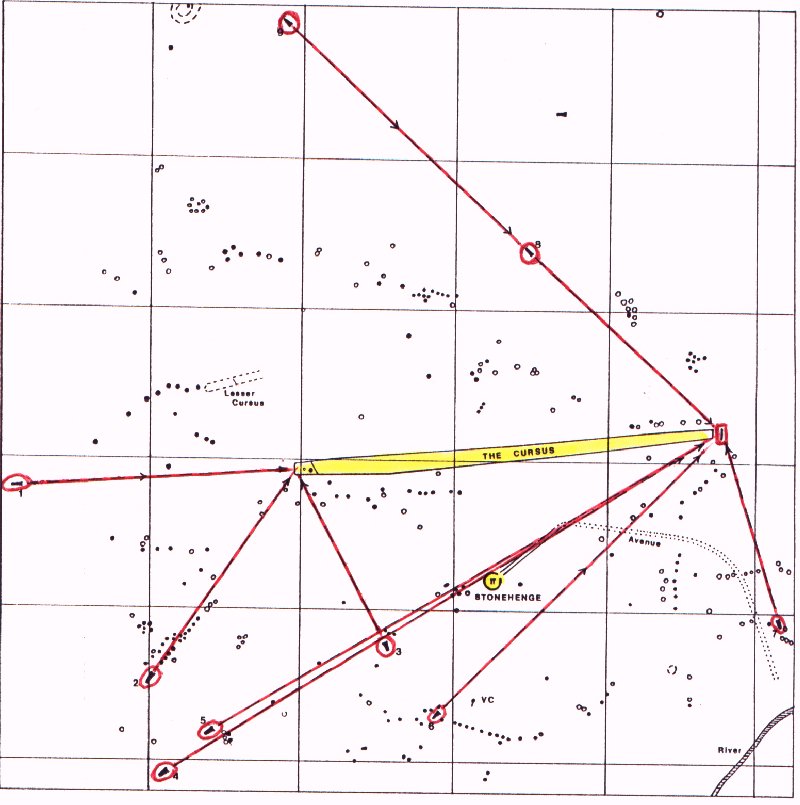Please forgive my rambles.)
It's a message board.....you're supposed to ramble!
The thing with the trebuchet is that it used a couple of tons of counterweight to throw a stone weighing around 130 pounds. If you were concerned with "lift" instead of "distance" I suppose the idea could be adapted. The Romans used counterweights for elevators in the Colosseum but the military adaptation was learned from the Chinese much later on.
Levers? What is it made out of? Steel is a modern creation and a lever made of a soft metal would be of less use than one made of wood. I suppose one could raise part of a stone, prop it up and go to another side and raise that. Sooner or later, though, you reach a point where you also have to raise the fulcrum and it must be on a stable platform as well. I can't see the method being very fast or efficient.
Creating roads implies a level of civilization which archaeologists swear did not exist. True, cattle going back and forth between pastures and corral would pack the ground down but are you going to drive cattle 250 miles to the Preseli Mountains just to create a road? Besides, as you say the surface would be dry and hard.....when it wasn't raining....which it does a lot in Britain. The Egyptians weren't big on roads, either, but they did build some around their ceremonial sites....but nowhere else.
A lot of men, digging, can accomplish quite a bit in a short time, no question about that. A Roman legion would dig a moat and build a fortified camp after every march. While "Woodhenge" is impressive one can certainly see the ease with which it could be constructed. The same cannot be said for Baalbek and Sachsayhuaman. "Seahenge" looks like every other stone circle in Britain and the purpose for them is obscure, to say the least. Just using logic it would seem that the more of them there are the less likely they are to be religious. If they are everywhere there is nothing special about them so why should the gods go to them?
My gut feeling is that archaeology either has it wrong about the level of civilization in pre-historic Britain or they have it wrong about the need for such a civilization to organize a major building project. Right now, I'm leaning towards the former.
